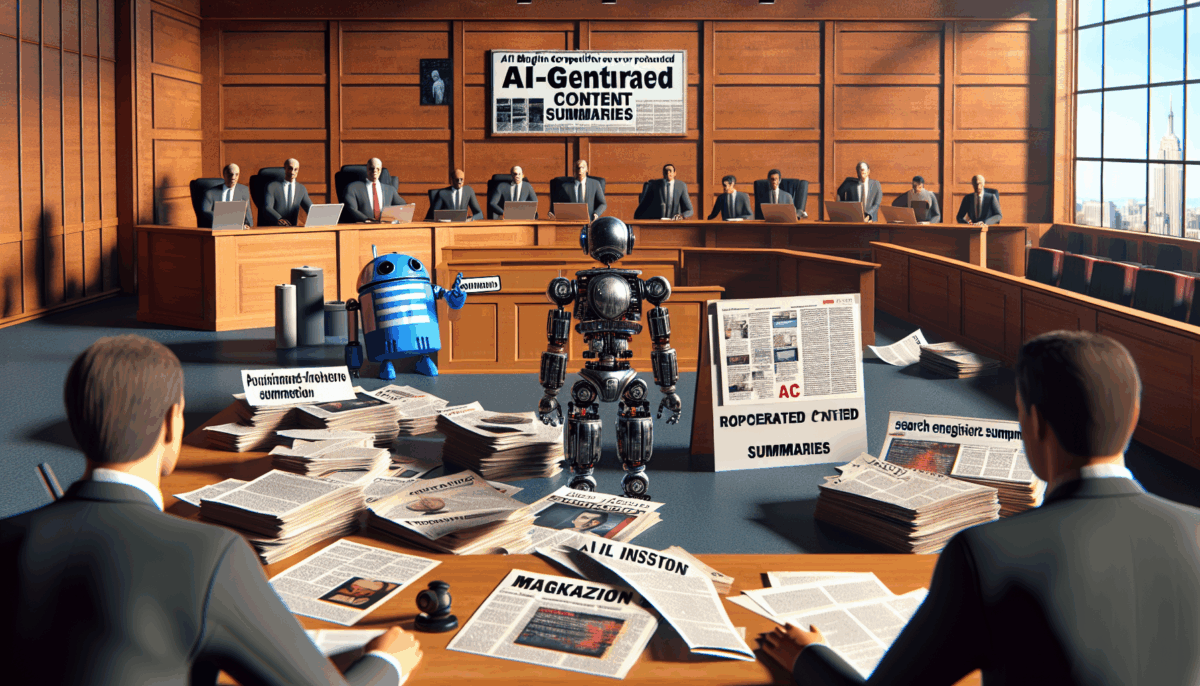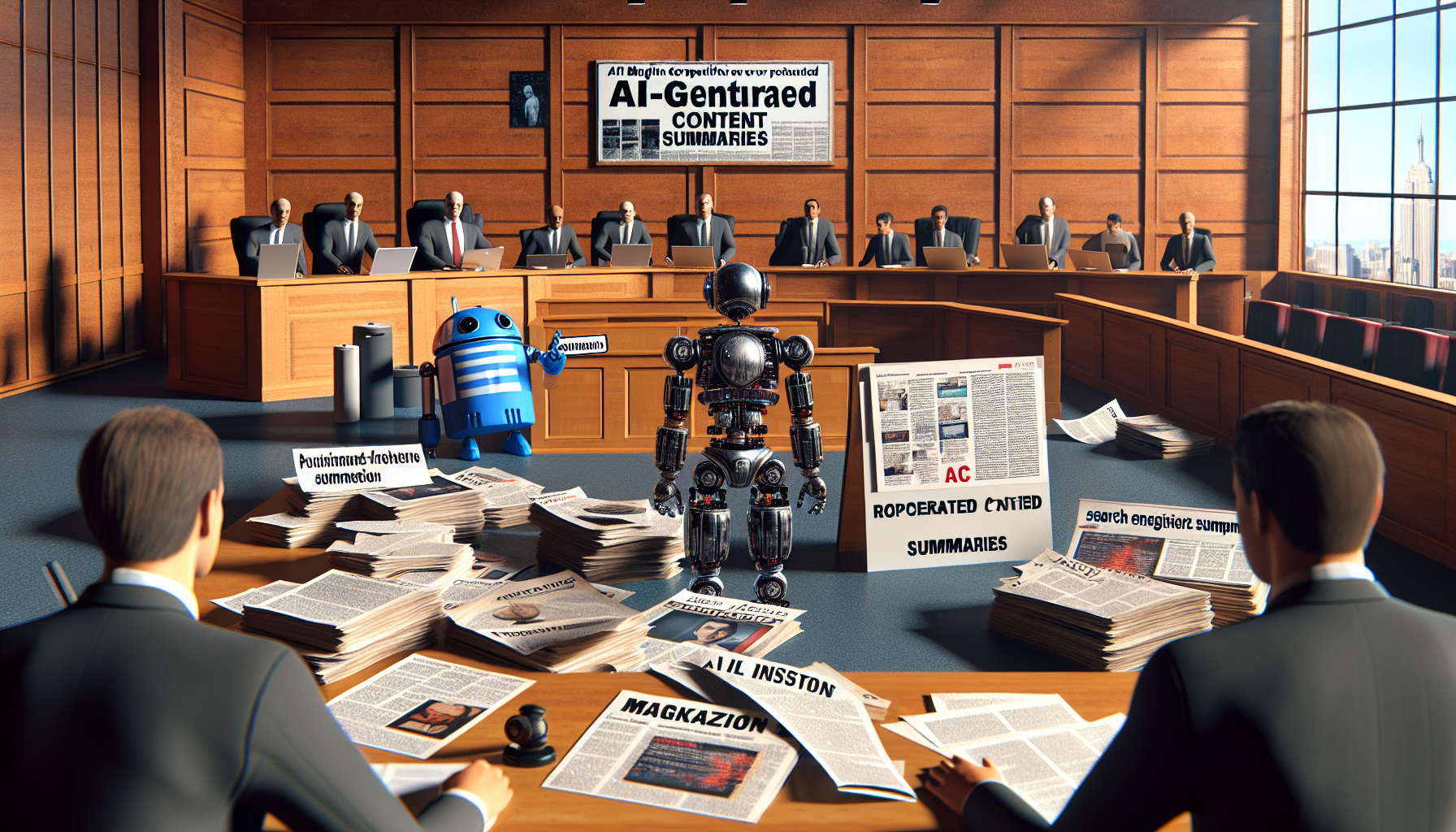Penske, proprietor of Rolling Stone and Billboard, files lawsuit against Google regarding AI-generated content summaries.
We independently review everything we recommend. When you buy through our links, we may earn a commission which is paid directly to our Australia-based writers, editors, and support staff. Thank you for your support!

Brief Overview
- Penske Media, which owns Rolling Stone, Billboard, and Variety, has filed a lawsuit against Google.
- The legal action disputes Google’s employment of AI-generated summaries derived from publishers’ materials.
- Penske asserts that Google’s AI Overviews lead to decreased site traffic and income.
- Google argues that its AI functionalities improve user engagement and content exploration.
- This lawsuit underscores the persistent friction between publishers and tech behemoths regarding AI application.
Details of the Lawsuit

Penske Media, a well-known family-operated media enterprise, has commenced legal action against Google. The lawsuit, filed in Washington, D.C., asserts that Google’s AI-generated summaries draw on publishers’ content without authorization, consequently diminishing traffic to their websites.
Consequences of Google’s AI Overviews
The “AI Overviews” feature from Google, prominently placed at the top of search result pages, has faced criticism from news organizations for redirecting traffic and impacting advertising and subscription income. Penske contends that Google’s preeminence in the search sector permits it to enforce these terms on publishers.
Google’s Defense Against the Claims
In its defense, Google maintains that AI Overviews enhance user experience by allowing greater content access. The corporation asserts that these features offer more pathways for discovering content instead of hindering it.
Industry Feedback and Antitrust Ruling
Despite some dissatisfaction from publishers, a recent court decision ruled in favor of Google regarding antitrust matters concerning its Chrome browser. The News/Media Alliance, representing various publishers, conveyed its discontent, claiming that Google’s market leverage enables it to circumvent fair practices.
Comparison with Other AI Licensing Practices
While entities like OpenAI have entered into licensing agreements with leading publications, Google has been more hesitant to embrace such measures. This has intensified discussions surrounding equitable use and remuneration in the AI domain.
Conclusion
The lawsuit initiated by Penske Media against Google highlights the increasing discord between media organizations and tech firms concerning AI implementation. As AI innovations progress, the equilibrium between advancement and the rights of content creators remains a contentious topic.
